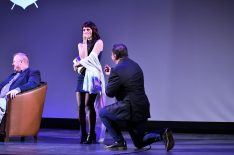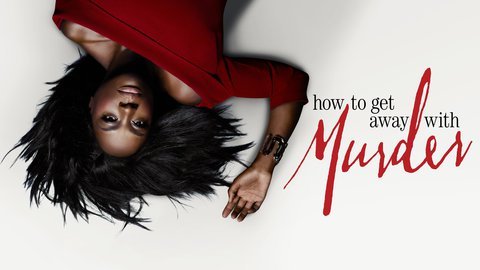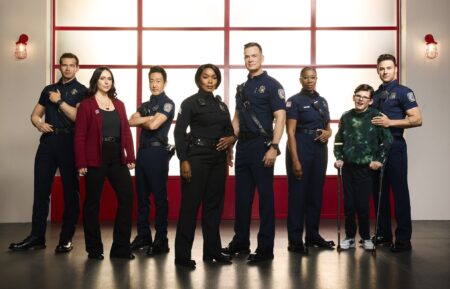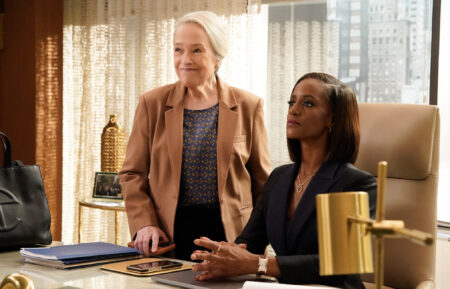Cicely Tyson Looks Back on Her TV Career on the 2019 TCM Classic Cruise
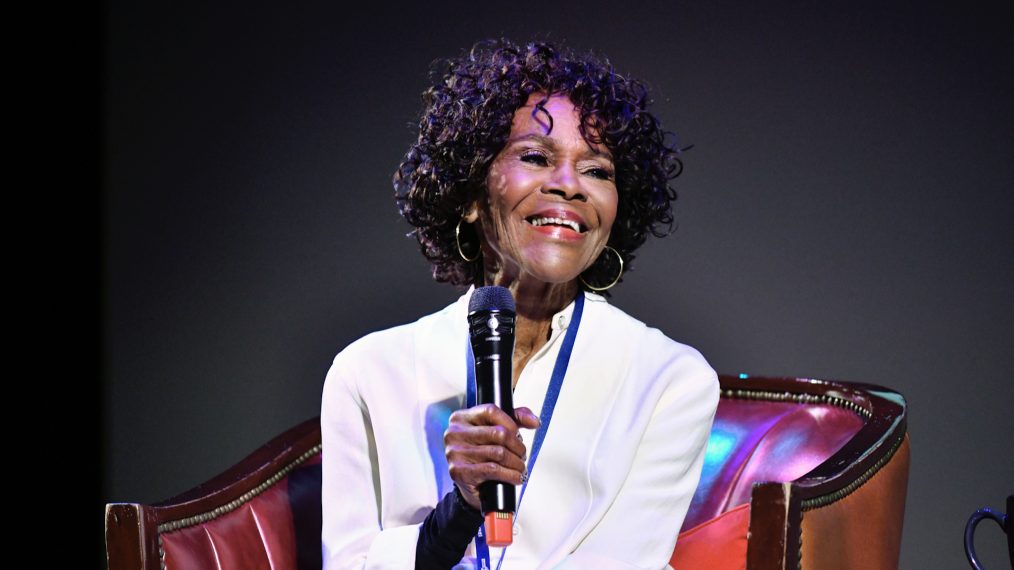
TV Insider is taking you inside the 7th TCM Classic Cruise, so stay tuned for more as we navigate the Atlantic and (we hope) signature cocktails with Turner Classic Movies.
Here’s something unexpected: The 2019 TCM Classic Cruise is satisfying both film buffs and TV fans. (Possibly foot fetishists too, but we’ll get to that later.)
On October 23, Turner Classic Movies host Dave Karger sat down with special guest Cicely Tyson, and the 94-year-old wove stories about the period drama Sounder (1972), for which she received an Oscar nomination—but also such small-screen successes as controversial East Side/West Side (1963-64), the groundbreaking miniseries Roots (1977) and current ABC sudser How to Get Away With Murder.
The candid hour was punctuated with endearing asides (“That’s the nature of this business, my dear”) and bouts of laughter from Tyson, who explained, “All this stuff, retracing it, is very funny to me, and that’s why I laugh.”
The retracing started with her formative years in New York City’s Harlem. As a “very, very shy” middle child, Tyson recalled, “I used to sit and listen and observe, and during that period I would suck my finger and not speak at all. And so I ended up with two buck teeth but a lot of stuff [pointing to her head] up here.” When she had problems, she would play the piano to comfort herself.
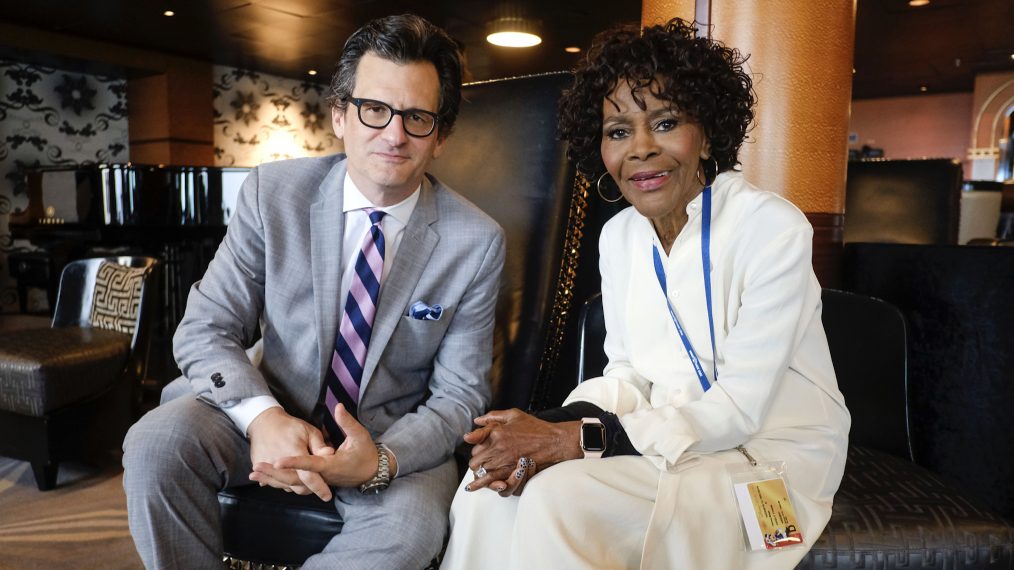
TCM
Her mother did not support her career goals at first (“She thought it was sinful”), so Tyson left home and moved in with a friend to pursue acting. It was a teacher’s observation—“If you want to study a character, you have to observe them from head to toe”—that launched her lifelong habit of…checking out people’s feet.
Uh, how does that work, exactly? Tyson recounted one example from years ago on the subway. “These women, matronly, 50 years old or something like that—they were dressed to the nines. They had on their sable fur coats, lots of jewelry. I looked at their feet, and what I saw were two women who probably came into the wealth because their shoes showed they never really had a pair of shoes that fit their feet, [which were] gnarled from bunions and corns and so on. So I knew what their early lives were like. And to this day, I walk down the street, I never look in people’s faces—I look at their feet.”
When Tyson landed the part of George C. Scott’s secretary on East Side/West Side, she became the first African American in a leading role in a TV drama. Scott himself championed her hiring after seeing her in the Off Broadway show The Blacks alongside Maya Angelou and James Earl Jones. Bonus: Scott attended the theater with Thomas C. Ryan, who would adapt the novel The Heart Is a Lonely Hunter for a 1968 film starring Tyson. “So from the visit of those two men,” she said, “I ended up with two shows.”
Tyson’s Emmy-winning performance in The Autobiography of Miss Jane Pittman, a TV-movie in which she ages from 19 to 110, had an interesting start. She confessed she would go to bookstores and scour the aisles looking for potential roles, “and I was attracted to the jacket of this woman’s face, and it just said The Autobiography of Miss Jane Pittman. I never heard of her, nor the writer. But I bought the book simply because of the beauty that I saw in her face. I took it home and started to read it, and I couldn’t put it down.” This was before a script even existed.
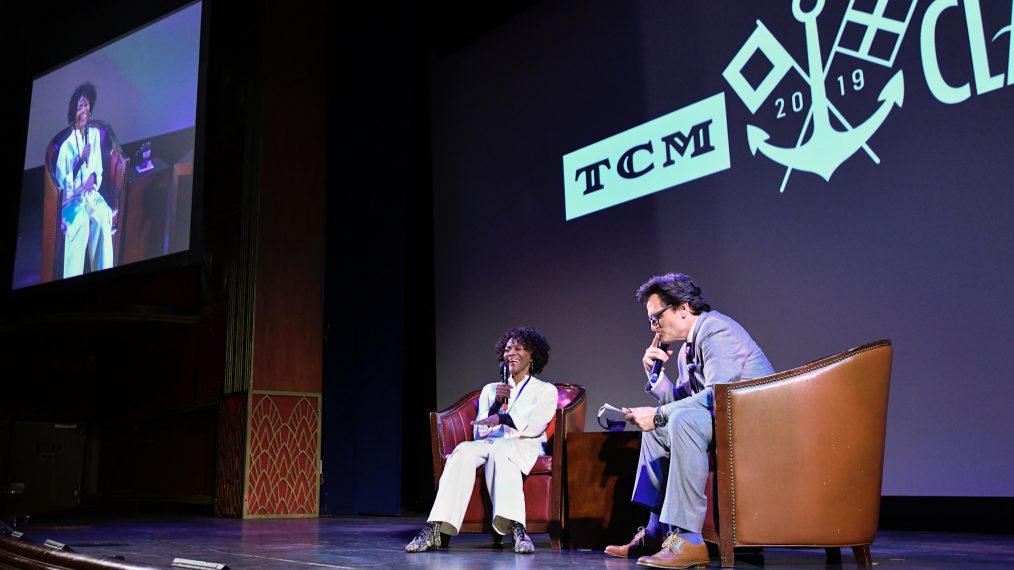
TCM
During the casting process, there was concern that she looked too young, and actress Gloria Foster took the part. “When they told me that, I said, ‘Oh, OK,” and I didn’t stop working on it. I just kept working on that woman. All kinds of things,” Tyson said. For example: “They were worried that my body looked too young. One day I was vacuuming in my apartment and I felt my whole left side collapse, and so I walked to the mirror to see what I looked like. Then I went to the phone [to call the Pittman team] and said, ‘Forget the hump—I got it!’ And they didn’t know what I was talking about ’cause they didn’t know I was still working on it [laughs].”
Tyson was full of fascinating anecdotes. She also described the mood after the adaptation of author Alex Haley’s Roots was screened in a theater: “You could hear a hair hit the floor. And finally when people were able to pull themselves together from the shock of it all, they got up and one by one they walked out like statues.” The star, who played Binta, the mother of Kunta Kinte (LeVar Burton), theorizes that the miniseries format was born then because “they decided to put it all in one week, and get it off and out of the way. And that’s how that new format came about. They thought the black people would get out in the street and riot.”
Another role as a mother brought her in contact with “absolutely incredible artist” Viola Davis, her TV daughter on How to Get Away With Murder. But Tyson’s method of being what she calls “199 percent involved” in her characters well before cameras even start rolling, caused a rift. “The day I arrived, she was standing at the door waiting to greet me,” Tyson recalled. “And I walked right past her. I didn’t say a word. I didn’t even look at her. I saw her go from this [happy face] to [a sad face]. But I was already in character, and the mother and daughter didn’t have a relationship. Viola never got over that.”

TCM
Up next for the honorary Academy Award winner: OWN’s anthology series Cherish the Day, from executive producer Ava DuVernay (Selma). The format, with a different director for each of the six episodes, is new to Tyson. “I made a decision: I said, ‘OK, this is your life, and so you had better find out who this character is for yourself, and just go for it. Which is what I did. And everyone seemed very excited about it, so hopefully it’ll be a huge success.”
Watch for more from TV Guide Magazine/TV Insider on the TCM Classic Cruise and additional special guests Diane Ladd and Mitzi Gaynor.

